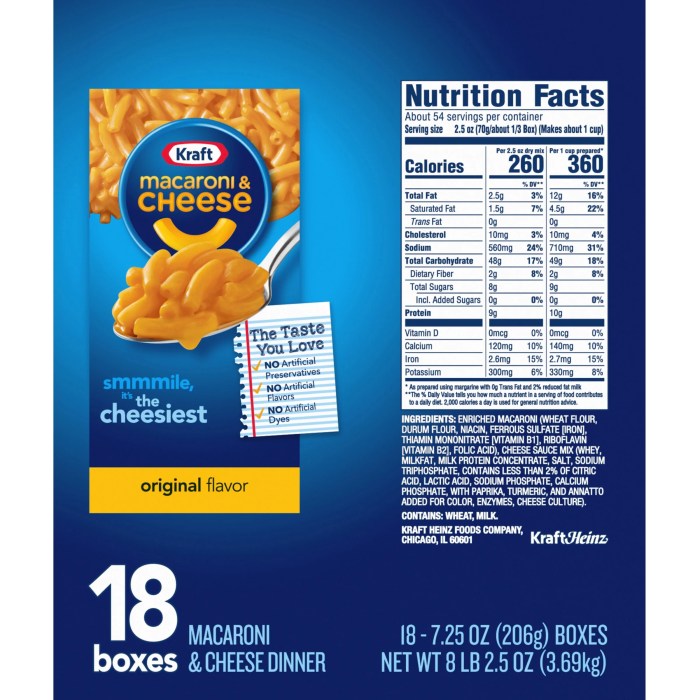Impact on Health and Diet: Cheese Sticks Nutrition Facts
Cheese sticks nutrition facts – Cheese sticks offer a convenient and readily available snack, but their nutritional value and impact on health warrant careful consideration. While they can contribute to daily calcium and protein intake, excessive consumption can lead to several health concerns. Understanding their nutritional profile and comparing them to healthier alternatives is crucial for making informed dietary choices.
Incorporating cheese sticks into a balanced diet requires moderation and awareness of their nutritional content. The benefits primarily lie in their provision of calcium and protein, essential for strong bones and muscle growth. However, their high saturated fat and sodium content pose potential drawbacks, particularly for individuals with pre-existing health conditions such as heart disease or hypertension.
Potential Benefits and Drawbacks of Cheese Stick Consumption
Cheese sticks can be a quick source of protein and calcium, beneficial for muscle building and bone health. However, the high saturated fat content can contribute to elevated cholesterol levels, increasing the risk of heart disease. Similarly, the high sodium content can contribute to water retention and high blood pressure. The overall impact on health depends heavily on the frequency and quantity of consumption within the context of a balanced diet.
Health Concerns Associated with Excessive Cheese Stick Consumption
Consuming too many cheese sticks can lead to several health problems. The high saturated fat content contributes to increased LDL (“bad”) cholesterol, a significant risk factor for cardiovascular disease. The high sodium levels can raise blood pressure, increasing the risk of stroke and other heart-related complications. Furthermore, the relatively high calorie density of cheese sticks can contribute to weight gain if consumed excessively without adjusting overall calorie intake.
Comparison of Cheese Sticks with Healthier Snack Alternatives, Cheese sticks nutrition facts
To illustrate the nutritional differences, let’s compare cheese sticks to some healthier snack alternatives. The following table provides a comparative analysis, highlighting the variations in key nutritional components.
| Snack | Calories (per serving) | Fat (g) | Sodium (mg) |
|---|---|---|---|
| Cheese Stick (average) | 70-100 | 5-8 | 150-250 |
| Baby Carrots (1 cup) | 50 | 0.5 | 60 |
| Apple slices with 2 tablespoons peanut butter | 200-250 | 12-16 | 150-200 |
| Greek Yogurt (1 cup) | 150-200 | 5-10 | 80-150 |
Note: Nutritional values can vary depending on brand and serving size. This table provides a general comparison to illustrate the differences.
Questions and Answers
Are cheese sticks a good source of protein?
Yes, cheese sticks offer a decent amount of protein, contributing to satiety and muscle building, although the exact amount varies depending on the type and serving size.
How much sodium is typically in a cheese stick?
Sodium content varies greatly by brand and type. Always check the nutrition label as excessive sodium intake can be a health concern.
Are all cheese sticks created equal?
Absolutely not! Nutritional content differs significantly based on the type of cheese, added ingredients, and the manufacturer’s recipe. Low-fat and reduced-sodium options exist, but always check the label.
Can I eat cheese sticks as part of a weight-loss diet?
In moderation, yes. Choose low-fat options and be mindful of portion sizes to control calorie intake. They can be a part of a balanced diet, but aren’t ideal as a primary weight-loss food.
Right, so you’re tryna watch your cheese stick intake, innit? Knowing the cheese sticks nutrition facts is dead important, especially if you’re comparing them to other cheeses. For example, check out the monterey jack cheese nutrition facts – that’ll give you a proper benchmark. Then you can properly suss out how your cheese sticks stack up, yeah?



